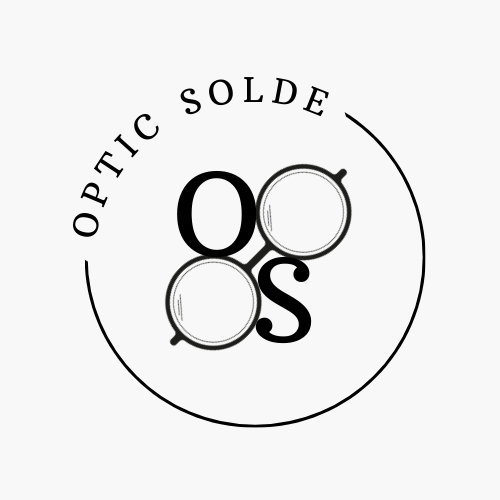Contact Lenses vs Glasses: The Age-Old Debate
Introduction:
When it comes to vision correction, people often find themselves torn between two popular options: contact lenses and glasses. Both options have their own unique benefits and drawbacks, leaving individuals to ponder which one is the best fit for their lifestyle and preferences. In this article, we will delve into the contact lenses vs glasses debate, providing an analysis of the pros and cons of each.
Sub-heading 1: Convenience and Comfort
One of the main factors individuals consider when choosing between contact lenses and glasses is the level of convenience and comfort they offer.
– Contact lenses:
Contact lenses are widely regarded for their convenience and comfort. They sit directly on the cornea, providing a natural field of vision without any distortion caused by frames. Moreover, contacts allow for a wider peripheral vision, making them ideal for individuals engaged in sports or other physical activities. Contact lenses are always in place, eliminating the need for constantly adjusting frames or worrying about them slipping down the nose.
– Glasses:
Glasses, on the other hand, are easy to put on and take off, making them a more convenient choice for individuals who prefer simplicity. They do not require any direct contact with the eyes, which makes them a preferred option for those who may experience discomfort or have certain eye conditions that prohibit the use of contacts. Additionally, glasses have evolved significantly over time, with lightweight materials and stylish designs ensuring maximum comfort for prolonged wear.
Sub-heading 2: Visual Acuity and Maintenance
Visual acuity and maintenance play a crucial role in determining the viability of contact lenses and glasses as vision correction tools.
– Contact lenses:
Contact lenses offer superior visual acuity since they sit directly on the cornea, providing an uninterrupted field of vision. They also eliminate the concern of reflections and glare that may occur with glasses, making them advantageous for individuals who work in brightly lit environments or drive frequently at night. However, contact lenses require diligent maintenance to prevent eye infections. Regular cleaning, disinfection, and replacement schedules are necessary to ensure their safe and effective use.
– Glasses:
Glasses may slightly distort peripheral vision due to the presence of frames and lenses. However, they are easy to maintain, requiring minimal upkeep beyond regular cleaning. Glasses also provide a protective barrier against environmental factors such as dust, pollen, and wind, reducing the risk of eye irritation or infections. With the availability of scratch-resistant coatings and anti-reflective treatments, glasses can provide enhanced visual clarity and reduce the impact of glare on overall vision.
Bullet List: Pros and Cons
– Contact lenses:
Pros: Wider field of vision, ideal for physically active individuals, natural aesthetics.
Cons: Need for regular maintenance, potential for eye infections, higher costs over time.
– Glasses:
Pros: Easy to put on and take off, low maintenance, provide protection against environmental factors, stylish options available.
Cons: Peripheral vision distortion, reflections and glare, may not be suitable for certain eye conditions.
Conclusion:
The debate between contact lenses and glasses ultimately boils down to personal preferences, lifestyle, and specific eye conditions. Contact lenses offer convenience, natural vision, and are ideal for physically active individuals, while glasses provide simplicity, ease of maintenance, and protection against environmental factors. Ultimately, it is crucial to consult with an eye care professional to determine which option aligns best with individual needs and maximizes both visual acuity and comfort.
